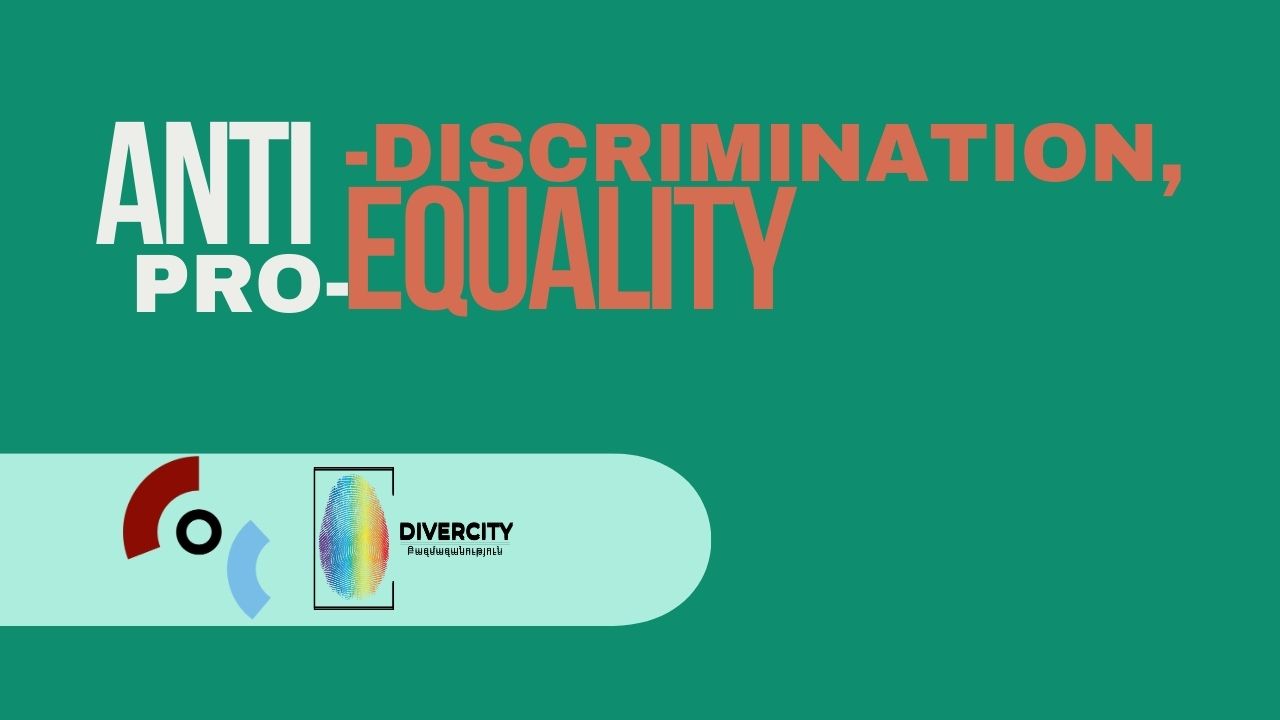Despite the constitutional clause on the prohibition of discrimination (Article 29, Prohibition of Discrimination), which provides a non-exhaustive list of protected grounds, as well as the requirement of direct implementation of the Constitution, there are no effective legal remedies to litigate and obtain protection from discrimination on the grounds of sexual orientation and gender identity (SOGI), leaving Armenia’s queer community unprotected and more vulnerable to hate crimes, violence based on sexual orientation and gender identity, and discrimination.
The Velvet Revolution in Armenia in 2018 brought hope and some concrete steps towards the adoption of a separate anti-discrimination law,* but the already slow process came to a halt due to the Second Nagorno-Karabakh War in 2020, which impacted the discourse on the law and other relevant reforms.
Armenia has ratified most international human rights treaties and instruments, including Protocol No. 12 to the European Convention on Human Rights, which prohibits discrimination. This demonstrates Armenia’s commitment to equality and non-discrimination. However, the country has been slow to develop and implement a human rights-based approach. Discrimination against certain vulnerable groups is particularly concerning.
Discrimination is only considered an aggravating factor in a crime if it is based on religion, ethnicity, or race. Specific legislation is planned to be adopted in the context of the Association Agreement between Armenia and the EU. However, the adoption of such legislation has been put on hold since, after the Artsakh war, things in the country took another turn, and the government had to employ different methods. For instance, if a member of the LGBTQ+ community is taken into police custody and mistreated by officers due to their sexual orientation, the officers may not be charged for it. They will not receive a hate crime sentence as the country’s Criminal Code does not define sexual orientation or gender identity as such, which would increase criminal liability or punishment.
The LGBTQ+ community in Armenia is especially vulnerable and unprotected. The practice shows that if crimes against community members are committed, the presence of discrimination, as apparent as it may be, will not make it to the investigation or, more importantly, to the courts, or it will simply be terminated.
If any of the cases of hate crime or discrimination against queer people proceed to court, no fair trial is conducted, leaving the victim with one option, which is to apply to the European Court of Human Rights. DiverCity NGO’s founder, Artak Adam, and their lawyers have chosen this path, taking the case of discrimination and torture against Adam in the drafting commission to the ECHR, marking the first such case in Armenia’s history. Yet, the bureaucracy and costs of this process make many give up on the idea.
___
* Discrimination․ manifestation of a prejudiced attitude towards people with certain characteristics in essentially similar conditions and situations, without any objective basis or rational explanation.
* RA Law on Ensuring Equal Rights
#ԲազմազանությունՀԿ #DiverCityNGO #DCNGO #COC #COCNetherlands
![]()



